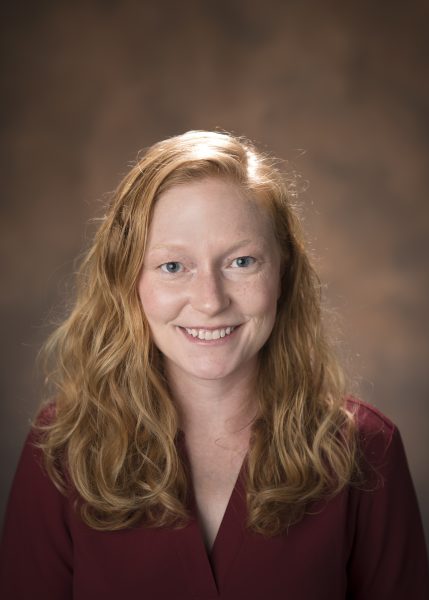Newly published research from Peabody College of education and human development and the Christopher & Dana Reeve Foundation highlights the perspectives of the paralysis community on COVID-19 vaccine boosters. Among the key findings is evidence that individuals living with paralysis have specific safety concerns that should be addressed through communication with their health providers, especially as periodic booster shots continue to be recommended.

“The results show that while individuals with paralysis do share many concerns about the boosters with individuals without paralysis, there are some concerns unique to individuals living with paralysis that affect their perceptions of the booster and their decision to receive a booster,” said Claire Burdick, senior research analyst at Vanderbilt. Burdick co-authored the study alongside Caroline Christopher, assistant professor of research in human and organizational development.
Their research builds on recent findings exploring the paralysis community’s views on COVID-19 vaccines, first published in November 2021. Published online in Rehabilitation Psychology, the new findings show important differences in the perspectives of individuals with and without paralysis regarding safety and government transparency related to COVID-19 vaccine boosters.
Between December 2021 and January 2022, the Reeve Foundation distributed a survey to the paralysis community. The survey, which included 44 questions, was aimed at learning about how informed the paralysis community is about the boosters, hesitancies about the boosters, and vaccination and booster rates. Of the 774 individuals who completed the survey, 470 respondents were persons with a disability (PWD), 377 of whom identified as a person with paralysis and 93 with another disability, and 304 individuals were family members/caregivers of a person with paralysis (PWP), friends of PWP, healthcare professionals, and supporters of the Reeve Foundation, grouped into the Foundation Supporters group (FS group).
The survey results showed that persons with paralysis (PWP) and/or other disabilities were significantly less likely than individuals without paralysis to agree that they felt well-informed about COVID-19 vaccine boosters. Those with paralysis also expressed unique concerns related to paralysis or other neurological symptoms, and many believed that the booster could affect their paralysis.
In addition, due to an inability to distance from caregivers or because of medical needs, many individuals in the paralysis community reported high levels of anxiety about contracting COVID-19 or exhibiting more severe symptoms.
Burdick and Christopher see health care providers as important figures in easing their concerns, writing “If health care professionals who serve individuals with paralysis are aware of the unique concerns and perspectives their patients have about the COVID-19 boosters, they can be better prepared to address these specific concerns and have productive conversations about vaccine hesitations.”
“Conducting research and surveys on COVID-19 helps spread awareness and gain key insight for the community we serve,” said Regina Blye, Chief Program and Policy Officer, Reeve Foundation. “These results are helping paint a clearer picture of the specific effects of COVID-19 on the disability community, and we will continue to advocate and amplify their voices.”
This research was supported by the Administration for Community Living (ACL), U.S. Department of Health and Human Services (HHS).